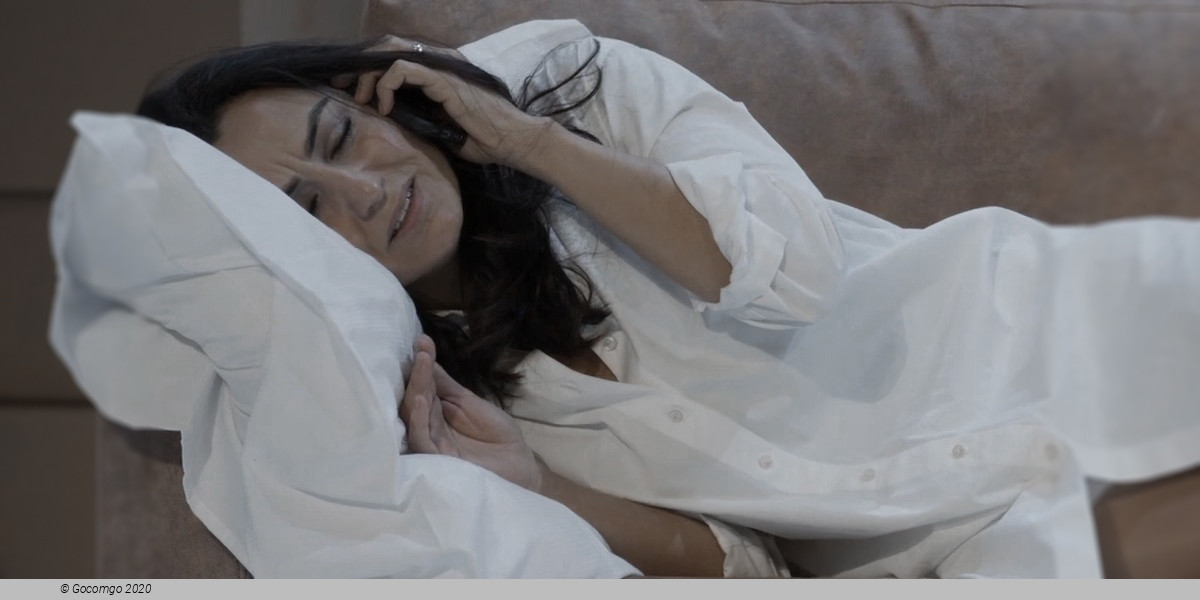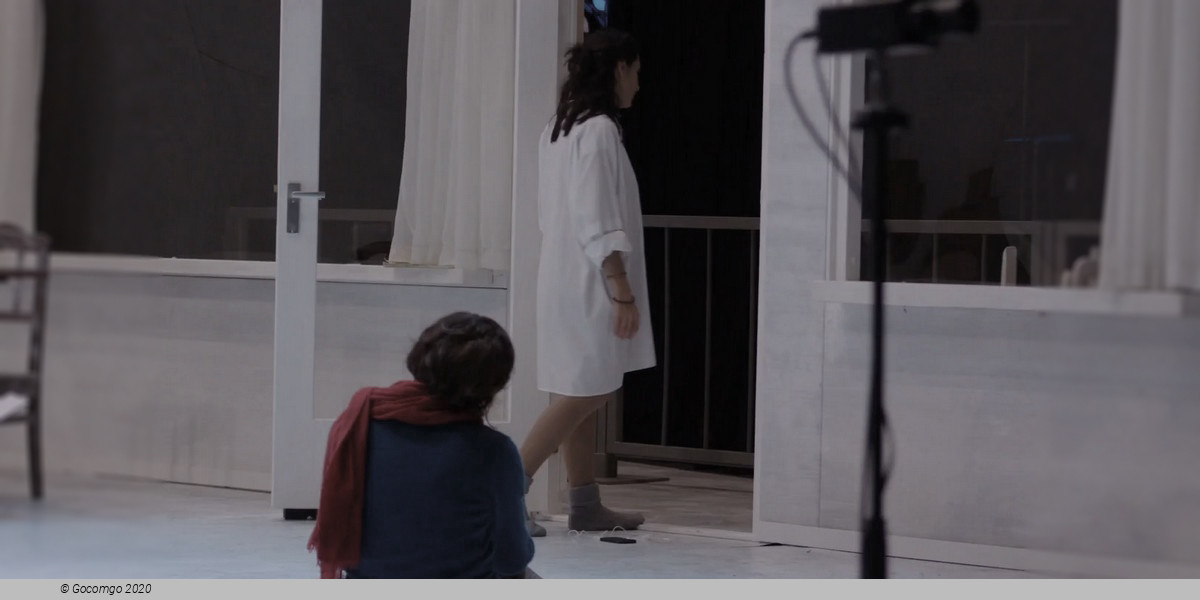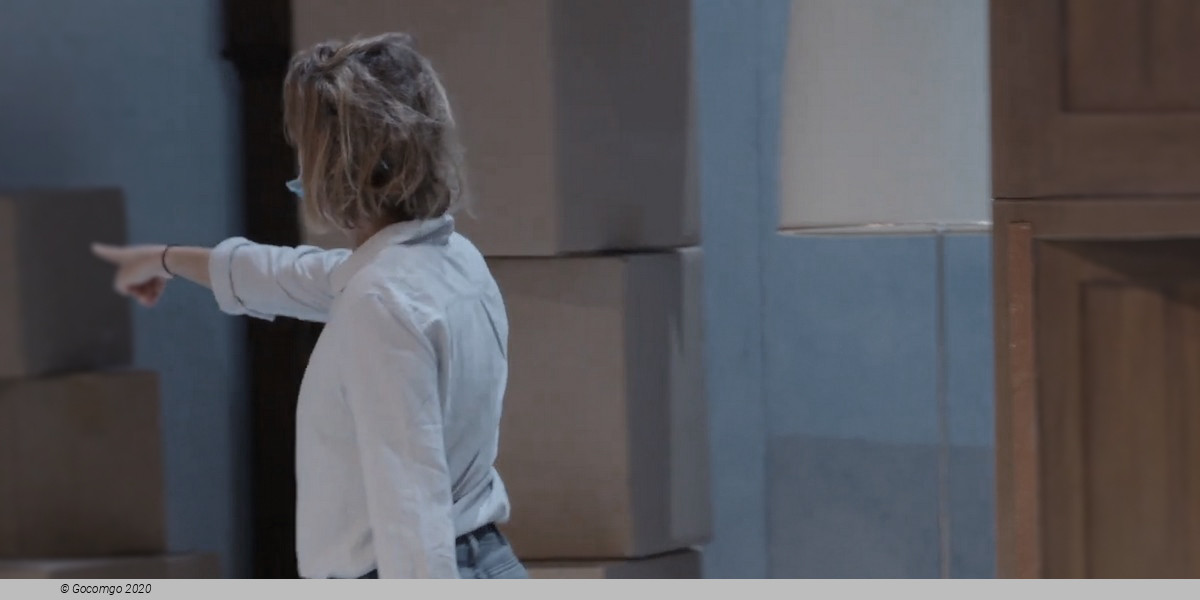The Théâtre des Champs-Élysées is an entertainment venue situated near Avenue des Champs-Élysées, from which it takes its name. Its eponymous main hall may seat up to 1,905 people.
Commissioned by impresario Gabriel Astruc, the theatre was built from 1911 to 1913 upon the designs of brothers Auguste Perret and Gustave Perret following a scheme by Henry van de Velde, and became the first example of Art Deco architecture in the city. Less than two months after its inauguration, the Théâtre hosted the world premiere of the Ballets Russes' Rite of Spring, which provoked one of the most famous classical music riots.
At present, the theatre shows about three staged opera productions a year, mostly baroque or chamber works more suited to the modest size of its stage and orchestra pit. It also houses an important concert season. It is the home venue of the Orchestre National de France and the Orchestre Lamoureux and serves as a French base for the Vienna Philharmonic Orchestra as well.
The Orchestre Philharmonique de Radio France, the Orchestre des Champs-Élysées and Ensemble orchestral de Paris play most of their concerts here too, along with other dance, chamber music, recital, and pop events.





 15 Avenue Montaigne
15 Avenue Montaigne